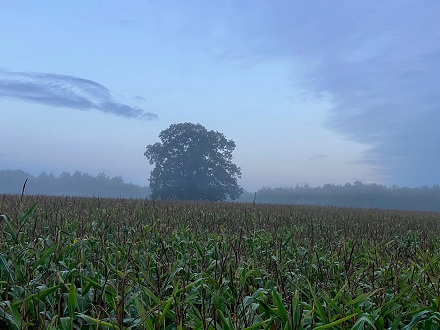Living Planet
Nature · Earth · ClimateNature Notes: October 2023
A FEAST FOR THE SENSES AND FOR THE STOMACHE
October, a month of shifting shades, the official start of the British Apple Season, and dropping temperatures, although the unusual warmth we felt in late September is still sweeping the country.
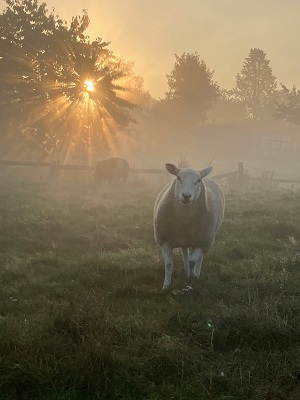
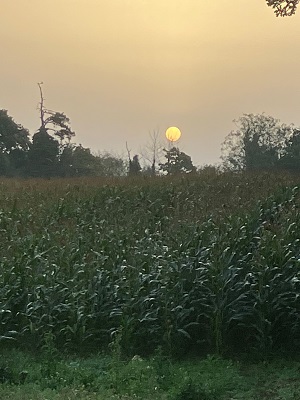
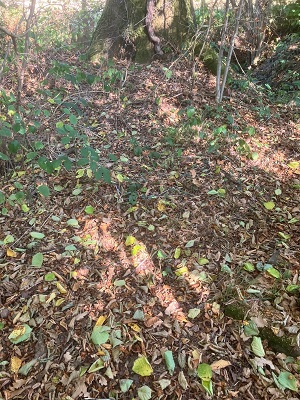
Highlights of September: The super blue moon; the sudden crispness of leaves; bright gleams of greens and golds; a fluffed up robin serenading me in the half-light every morning in the garden; a chime of goldfinches tinkling tunefully in take-off from a nearby tree; the agility of a speedy squirrel forced along a hire-wire by dive-bombing House Martins gathering along the same cable; incoming cries of geese overhead; deer blending into a path, but lit by early shafts of sunlight through mist and leaves; an exhausted beautiful silver Y moth landing in the cool shadow of my neck by the sea, having just whirred in from Europe; bats dancing in the heat before sunrise; hummingbird hawkmoths on the buddleia; more bright red rowan berries than leaves amongst natures bountiful hedgerow harvest; a yellow wagtail happily 'wagging' by a puddle in one of our low streams; discovering the intricate beauty of a chaffinch nest which blown down to my feet; the House of Lords rejecting a proposal that would have removed vital water protections from our rivers.
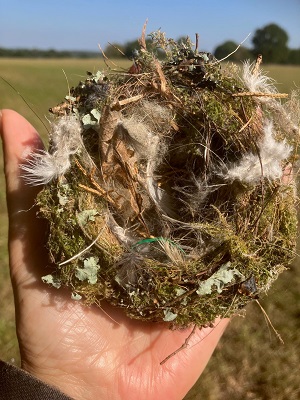
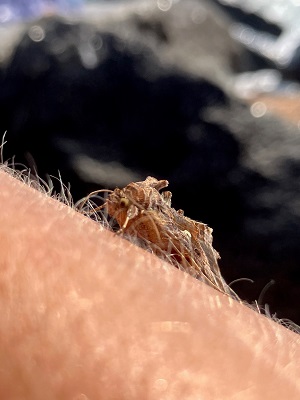
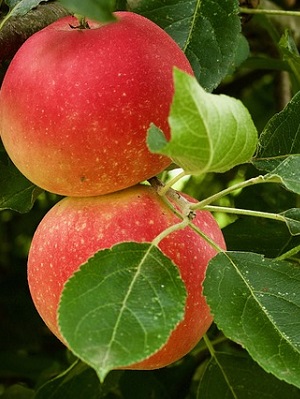
Lowlights of September: A super-abundance of very large house spiders arriving well before this years' conker season (needed to dissuade them from corners) and huge 'feet-first' daddy long-legs peddling away, somehow exactly at face height; noticeably darker mornings and evenings; climate change kicking in with the hottest September here on record, and extreme weather events continuing around the world E.g., more than 3 years of rain falling in 2 days in Greece and Libya receiving 250 times their average monthly rainfall, both leading to catastrophic flooding; the governments U-turn on key green targets and a radical scaling down of climate commitments; the revelation that one in six species is at risk of being lost in Great Britain, according to the latest State of Nature Report (2023) - a comprehensive analysis of wildlife by leading nature scientists. You can read the full report HERE.
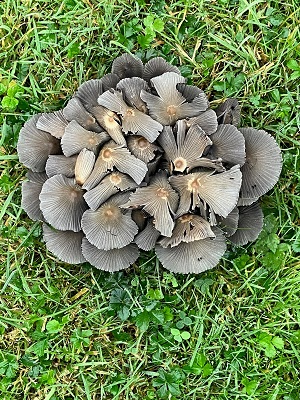
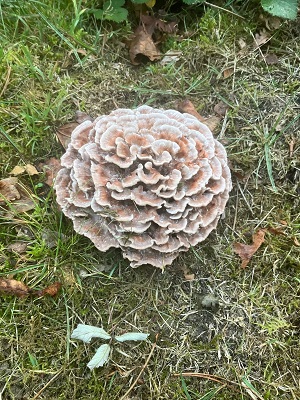
Key Messages: a) The good news is that we have many of the solutions at our fingertips, which is why over 40 wildlife and nature charities are standing together and asking us all individually to contact our politicians of all parties to let them know that '#NatureCantWait,' and they need to play their part and act now. (You can find out more HERE on the RSPB site) b) Remember that everything that you do individually can help. Autumn is the ideal time to clean out your birdboxes and/or put up new ones as birds benefit from nest boxes all year around, offering valuable shelter. They'll also often be on the look-out for spring nesting sites this month.
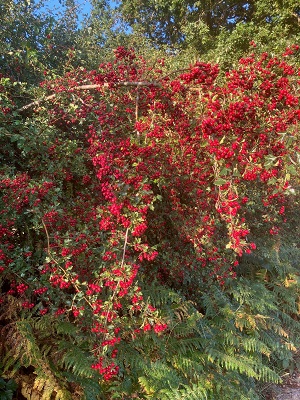
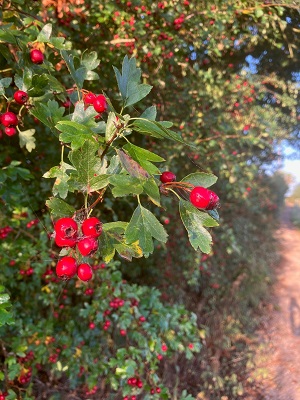
What to see/hear in October: The first frosts; changing palettes of conker reds, rowan russets, elderberry ink purples; yellow-green ivy flowers attracting insects that feed on them, including the solitary ivy bee; poppies emerging from harvested fields full of incoming fieldfares and redwings.
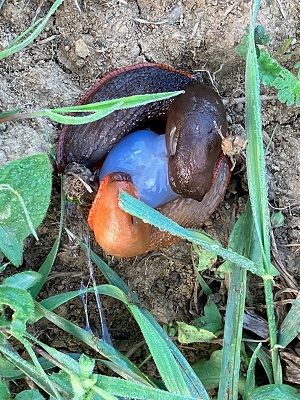
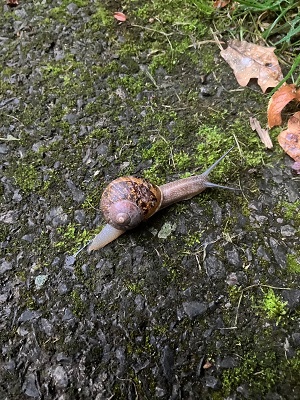
More likely to see/hear/taste/ smell: Spiders webs capturing dew drops; the 'tickle' of lone cobweb strands on your face that are strung horizontally across paths; shield bugs on remaining hedgerow fruits; the 'pitter-patter' of pheasants feet over fallen leaves in the woods; new colours and shapes of rising fungi; the rustle of drying yellow and orange leaves in the trees; spoonfuls of this year's blackberry jam on crumpets; the satisfying crunch of acorns and beech nuts underfoot; the scent of autumn - a combination of wet moss and earth, mixed with the odd whiff of woodsmoke and sweet chestnuts.
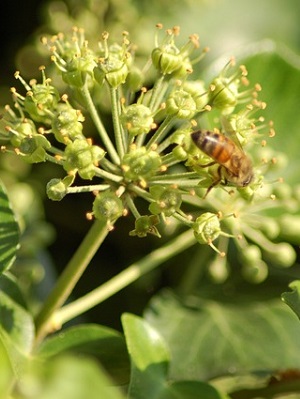
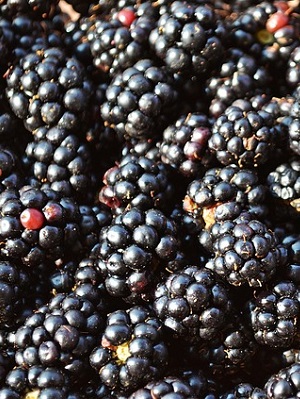
Ways to get involved:
1) 21st October is British Apple Day - leave windfalls on the ground for insects, birds and small mammals such as butterflies, earwigs, badgers, foxes and hedgehogs - the latter who are often more partial to the grubs inside.
2) Befriend a robin in your garden.
3) Consider building/buying a hedgehog house (visit the Wildlife Trusts/PTES/RSPB websites).
